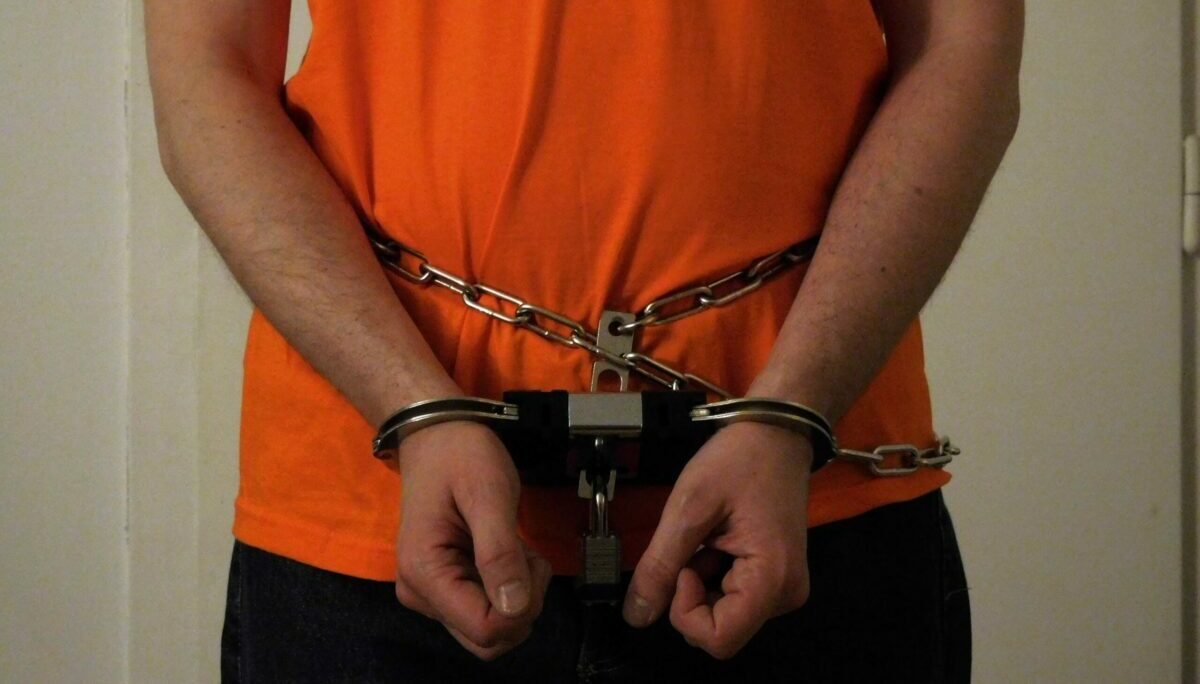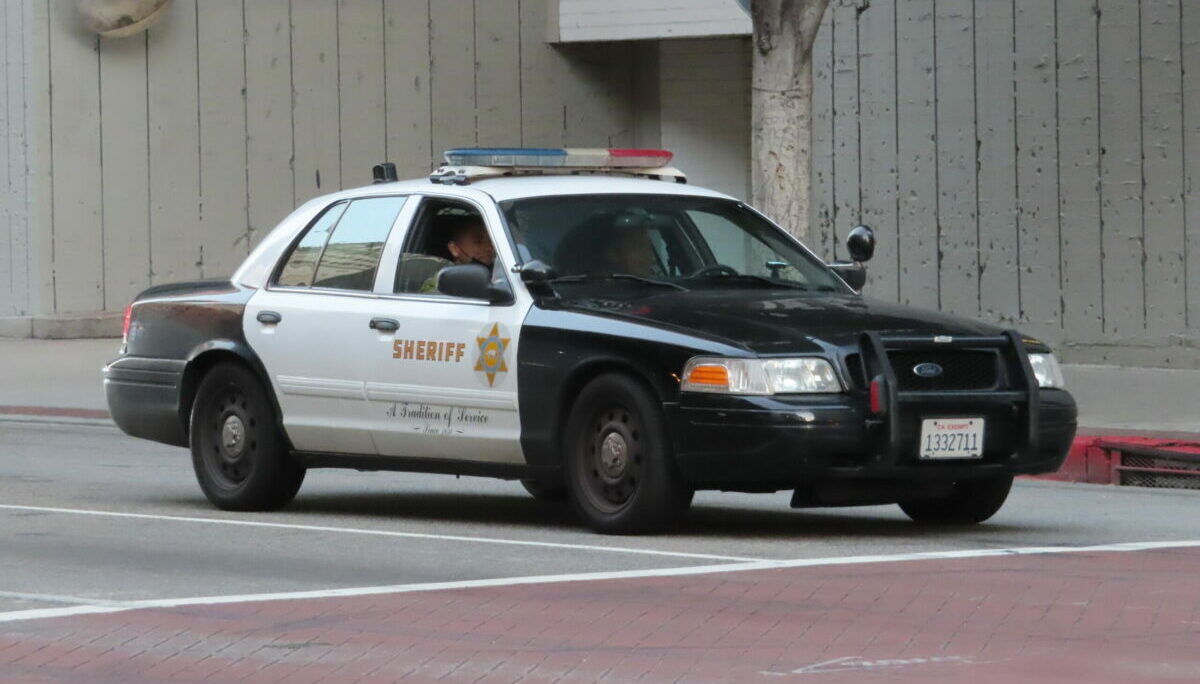
Over 90% of Human Trafficking Victims in South Carolina Are Under 18
South Carolina is facing a silent epidemic, as the Human Trafficking Task Force’s annual report reveals a staggering reality: over 90% of human trafficking victims in the state are minors. This disturbing statistic is a clarion call for immediate action and a reassessment of our approach towards protecting the vulnerable in our society.
In the frontline of this battle is Capt. Sherri Smith of the Horry County Sheriff’s Office, who emphasizes the insidious role of the digital world in luring unsuspecting minors into the clutches of predators. The narrative is often the same: manipulative predators, masquerading as compassionate figures, prey on the naiveté and trust of young people. These predators exploit the virtual world’s anonymity, manipulating and grooming their victims with false promises, leading to tragic consequences.
Once identified, these young victims are plunged into a system that, while well-intentioned, is often ill-equipped to address their complex needs. Natalie Lennard, leading McLeod Health’s forensic nurse training program, encounters the harrowing aftermath of such exploitation. She and her team strive to restore a sense of control and dignity to these young lives, offering choices that had been cruelly stripped away from them. Yet, the journey to recovery is fraught with challenges.
The report points out a harrowing aspect of this crisis: the betrayal within families. Many victims are exploited by their own kin, a violation of trust that leaves deep psychological scars. This reality complicates their rehabilitation, as traditional foster care systems are inadequate for their unique needs. These are not just children in distress; they are survivors of severe trauma, often brainwashed and mistrustful of those trying to help them.
As a society, we are at a crossroads. The rise in minor trafficking cases is not just a law enforcement issue; it’s a societal failure. Our children are being targeted, and we must respond with more than just reactive measures. We need to proactively engage in educating our youth about the dangers of human trafficking, the realities of online interactions, and the importance of open dialogues.
Moreover, there is an urgent need to rethink our support systems for these young victims. We need specialized care facilities equipped to handle the complex psychological and physical needs of trafficked minors. It’s not enough to rescue them; we must also invest in their healing and reintegration into society.
In conclusion, the alarming statistics from South Carolina are a wakeup call. As a community, we must bolster our defenses against this scourge, starting with education, vigilance, and building robust support systems. Our response will not only define our commitment to our children’s welfare but also reflect our values as a society. Let’s not fail our future generation.














